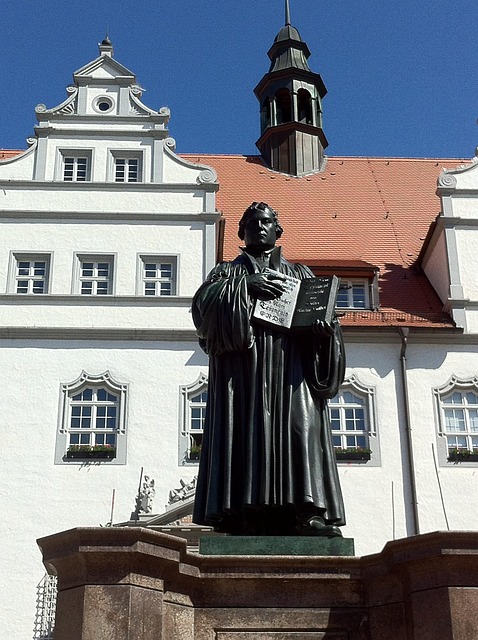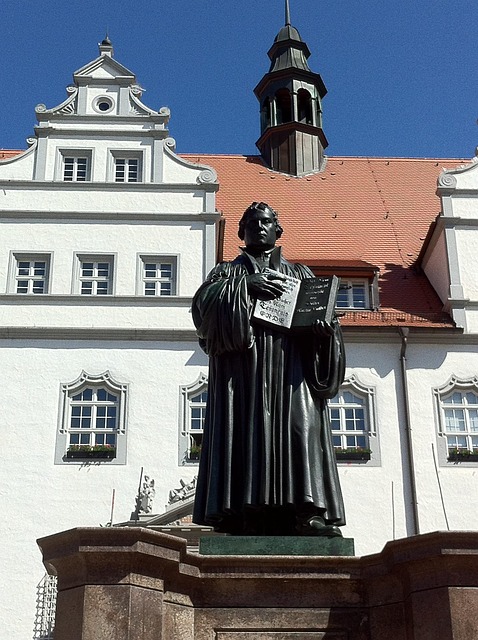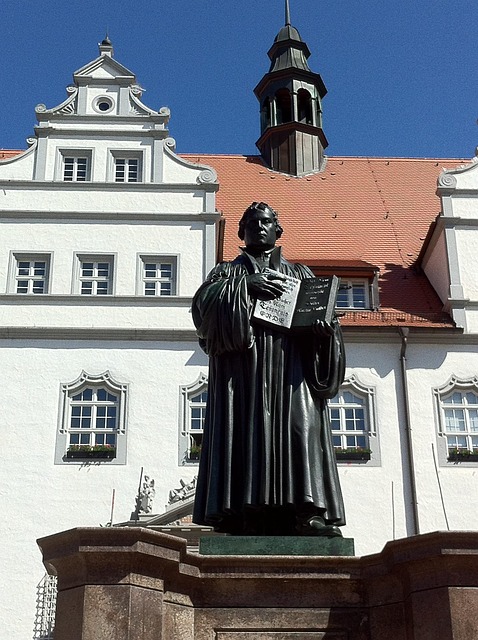Translation services for UK theses and dissertations are crucial for ensuring academic work reaches a global audience. These services require deep understanding of UK academic conventions, linguistic subtleties, and subject matter expertise. Rigorous…….
Category: Translation services for UK Theses and Dissertations
Introduction
In the realm of academic achievement, theses and dissertations stand as pinnacles of scholarly research and writing. For scholars in the United Kingdom, the journey from meticulous research to the final document is often a solitary one, with the destination being a comprehensible and coherent piece of work that contributes original knowledge to its field. However, this scholarly treasure can only reach its full potential when it transcends linguistic barriers. This is where translation services for UK theses and dissertations come into play, offering a critical bridge to the global academic community. This article delves into the intricacies of these services, their historical context, their impact on the international stage, and their future prospects.
Understanding Translation Services for UK Theses and Dissertations
Translation services for UK theses and dissertations are specialized operations that facilitate the conversion of academic texts from English into other languages and vice versa. These services are not mere word-for-word translations but involve a deep understanding of both the source and target languages, as well as the subject matter at hand. The core components of these services include:
- Linguistic accuracy: Ensuring that the translation is correct in terms of grammar, syntax, and vocabulary.
- Cultural sensitivity: Adapting content to be appropriate for the cultural context of the target audience.
- Academic integrity: Preserving the original meaning, arguments, and nuances of the source document.
- Technical proficiency: Utilizing subject-specific terminology correctly.
The historical context of these services is rooted in the need for cross-cultural communication and the globalization of knowledge. Over time, they have evolved to incorporate advanced technologies and methodologies, enhancing their effectiveness and reach.
Global Impact and Trends
The translation of UK theses and dissertations has a significant global impact, fostering international collaboration and the dissemination of knowledge. The following trends are shaping its trajectory:
- Increasing demand for multilingual research: As the world becomes more interconnected, the need for academic texts to be accessible in multiple languages grows.
- Technological advancements: Machine translation and natural language processing tools are becoming more sophisticated, influencing the speed and accuracy of translations.
- Rise of open access and digital repositories: The digital nature of these resources facilitates easier translation and distribution.
- Shifts in global research hotspots: Changes in where research is conducted affect the demand for translations in different languages.
Different regions are affected by these trends in diverse ways, with some countries seeing a surge in demand for translated academic texts due to increased international student mobility and global research partnerships.
Economic Considerations
The economic aspects of translation services for UK theses and dissertations are multifaceted. Market dynamics include both the demand for translations by institutions and individuals and the supply side, which is influenced by technological advancements and labor market conditions. Investment patterns in this sector reflect a growing recognition of the value of accessible academic knowledge. These services play a crucial role in economic systems by enabling intellectual property to be utilized to its fullest extent across different markets.
Technological Advancements
Technological advancements have revolutionized the field of translation, with tools such as machine translation (e.g., Google Translate, DeepL) becoming increasingly accurate and efficient. The impact of these technologies is profound, as they can handle large volumes of text quickly and at a fraction of the cost of human translation. However, the future potential lies in the integration of artificial intelligence (AI) with human expertise to create a symbiotic relationship that enhances both accuracy and speed.
Policy and Regulation
The policies and regulations governing translation services for UK theses and dissertations are complex, involving intellectual property rights, data protection laws, and quality assurance standards. Key legislative frameworks include:
- The General Data Protection Regulation (GDPR) in the European Union, which affects how personal data can be handled.
- The Chartered Institute of Linguists’ guidelines for professional conduct.
- Specific academic guidelines from institutions like the Research Excellence Framework (REF) in the UK.
These regulations influence the development and operation of translation services by setting standards for quality, confidentiality, and ethical considerations.
Challenges and Criticisms
Despite the advancements, translation services for UK theses and dissertations face several challenges and criticisms:
- Ensuring linguistic and cultural accuracy while maintaining academic integrity.
- Addressing the potential for misinterpretation or loss of nuance in translations.
- Balancing the efficiency of machine translation with the expertise of human translators.
- Overcoming the high cost and time investment required for professional translations.
To counter these challenges, service providers are investing in training for linguists, developing proprietary software to assist with translations, and exploring partnerships with academic institutions.
Conclusion
Translation services for UK theses and dissertations are a vital conduit for the global exchange of scholarly knowledge. They bridge linguistic divides, foster international collaboration, and contribute to the economic and cultural enrichment of the academic community. As technology continues to advance, these services will become more accessible and reliable, further enhancing their role in promoting global intellectual exchange. The future of academic translation is bright, with continued innovation and a growing recognition of its significance in the modern, interconnected world.
FAQs
-
Who uses translation services for UK theses and dissertations?
Translation services are used by researchers, academic institutions, publishers, and students who wish to share their work with a global audience or access research from around the world. -
What languages are most commonly translated in this context?
The most commonly requested translations are between English and the major European languages such as Spanish, French, German, Chinese, and Russian. However, demand is growing for a wider range of languages. -
How accurate are machine translations compared to human translators?
While machine translation has improved significantly, it still may not capture the subtleties and nuances that a skilled human translator would. The most effective approach often combines both technologies. -
What are some common subject areas for UK academic translations?
Translations cover a broad spectrum of subjects, including science, technology, engineering, mathematics (STEM), social sciences, humanities, and medicine. -
Are there any certifications or qualifications needed to provide translation services for academic texts?
Yes, professional translators often hold certifications from recognized bodies such as the Institute of Translation & Interpreting (ITI) or the American Translators Association (ATA), and they may also have specialized knowledge in a particular field.
Unleashing Knowledge: Professional Thesis Translation for UK Universities
Translation services for UK theses and dissertations are essential to navigate global student diversity and enhance academic discourse. They ensure accessible research, improve international collaboration, and maintain scholarly integrity. With growi…….
Navigating UK Thesis Compliance with Translation Services
Translation services for UK theses and dissertations are essential to ensure academic compliance. They address language proficiency challenges, maintain conceptual fidelity, handle specialized terminology, and preserve formatting accuracy. Key aspect…….
Mastering UK Thesis Translation: Expert Services and Ethical Compliance
Translation services for UK theses and dissertations are vital for academic success, ensuring linguistic accuracy, adherence to regulations, and preservation of research intent. Reputable services with expert translators offer proofreading, editing,…….
Master UK Standards: Professional Translation for Dissertations
UK academic standards for graduate research, particularly dissertations, are stringent, focusing on structure, methodology, evidence-based arguments, referencing, and original contributions. Translation services play a vital role in ensuring accessib…….
Translation Services: Unlocking UK Theses Understanding
Translation services for UK theses and dissertations are essential to overcome linguistic barriers, enhance accessibility, and preserve academic integrity. These services facilitate global recruitment, equal opportunities for diverse students, and in…….
Ensuring Academic Compliance: Translation Services for UK Theses
Translation services for UK theses and dissertations are vital to ensure academic compliance, enhance research impact, and cater to a global student body. They bridge language gaps, refine writing quality, navigate referencing rules, and adapt comple…….
Expert Translation for UK Theses Success
Expert translation services for UK theses and dissertations ensure academic excellence by addressing linguistic and cultural nuances, preserving scholarly tone, and maintaining integrity. These services, employing native academics with subject matter…….
Navigating UK Thesis Submission: The Power of Translation Expertise
Academic translation services for UK theses and dissertations are vital for non-native English speakers, ensuring cultural sensitivity, accuracy, and compliance with local formatting guidelines. Reputable agencies offer specialized packages, includin…….
Mastering UK English: Thesis Translation Services Guide
Mastering UK English for academic writing is crucial for international students to avoid translation errors and ensure their ideas are accurately conveyed. Key strategies include reading UK sources, using subject dictionaries, and seeking native spea…….









